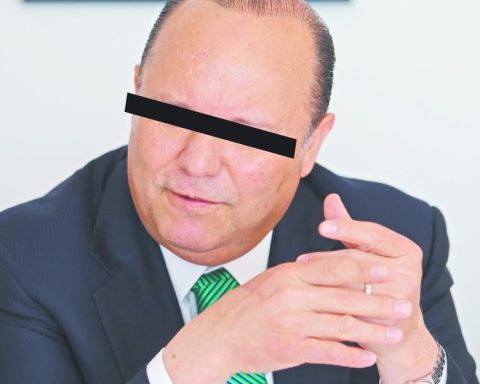The difficulties caused by economic stagnation and high inflation cause banks in the euro zone to face increased risks in their loan portfolios until 2023, the president of the French Banking Federation (FBF) told Reuters in an interview. Nicolas Thery.
“Our scenario is of a gradual increase in risk starting at the end of this year and probably for the rest of 2023,” said Thery, also chairman of Credit Mutuel, a French cooperative bank that posted 4.3 billion euros of profit in 2021. .
In his speech in the framework of the annual conference of the employers’ association, Medef, Thery maintained that there is a clear risk of recession in the bloc, for which he expects totally zero growth in the next six to nine months and inflation of 6 to 8% at 12 months.
“I estimate we will have inflation around 3% or more,” Thery said, citing companies bringing factories from abroad again after Covid-19 and the transition to green energy as reasons.
His comments also come after data reported that German inflation hit its highest level in almost 50 years in August at 8.8 percent.
Thery said that, unlike other crises, the good financial situation of the French banking system means that the impact of non-performing loans on balance sheets is limited.
“Delinquency is not a problem for the French financial system,” he said, adding that the country’s real estate sector is particularly healthy mainly because French mortgage rates are fixed and among the lowest in the euro zone.
French buy the cheapest food
At the same conference, the chief executive of Carrefour, Alexandre Bompard, assured that French consumers buy the cheapest food to alleviate high inflation.
“One chooses in favor of lower prices, of sales. I’m not going to buy beef, but the cheapest pork; I’m not going to buy fish; nor ecological products”, said Bompard and acknowledged that this phenomenon has deepened in recent weeks.
















